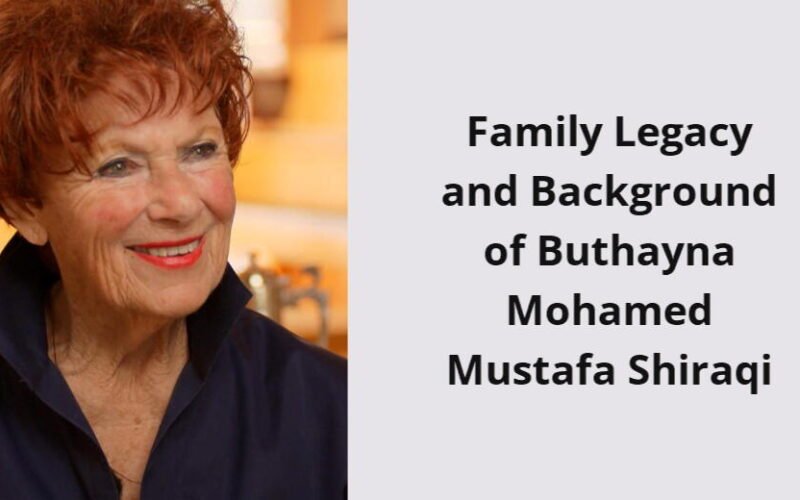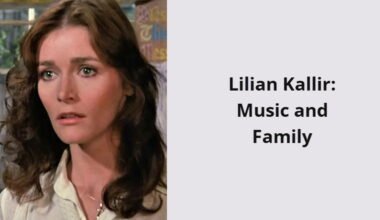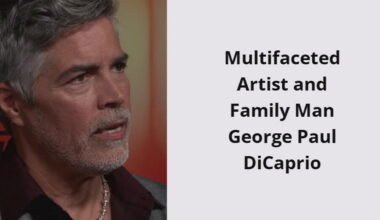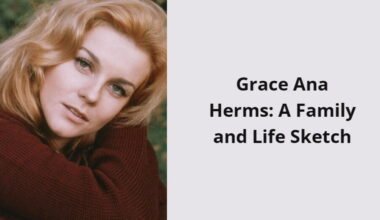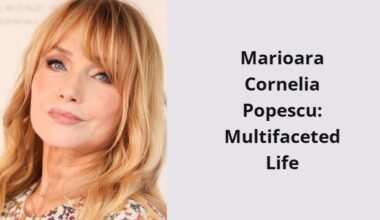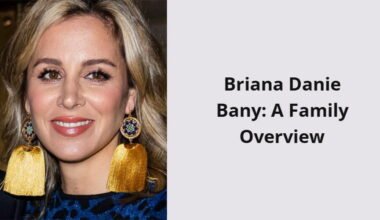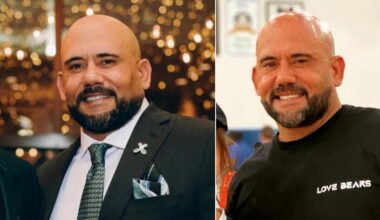Buthayna Mohamed Mustafa Shiraqi, the mother of September 11 attacks commander Mohamed Atta, is notable. Her childhood and family reveal Atta’s complex upbringing and ideology. This essay explores Buthayna, her family, and their social status.
Buthayna Mohamed Mustafa Shiraqi’s Childhood
Buthayna Mohamed Mustafa Shiraqi was born into a wealthy Egyptian family that valued education and agriculture. Buthayna had affluence and education that few women of her generation had due to her family’s farming and trading fortune.
| Attribute | Details |
|---|---|
| Birthplace | Egypt |
| Family Background | Wealthy farming and trading family |
| Education | Educated, likely receiving formal schooling |
| Marital Status | Married at age 14 through an arranged marriage |
Mohamed Atta: The Son of Buthayna
Buthayna’s sole son was Mohamed Atta, born September 1, 1968. His family’s social status shaped his upbringing. Atta’s early education and familial beliefs shaped his ideologies and professional choices, pushing him to radicalism.
| Attribute | Details |
|---|---|
| Date of Birth | September 1, 1968 |
| Family Influence | Raised in a wealthy household |
| Education | Graduated from Cairo University |
| Extremist Activities | Became involved with al-Qaeda |
Family Dynamics
Buthayna’s marriage to Mohamed el-Amir Awad el-Sayed Atta was affected by traditional conventions, particularly planned marriages. The family dynamics were complicated because many relatives were distant from Buthayna’s side, creating a peculiar culture of seclusion.
| Attribute | Details |
|---|---|
| Husband | Mohamed el-Amir Awad el-Sayed Atta |
| Marriage Type | Arranged marriage |
| Family Relations | Few relatives on father’s side |
| Cultural Context | Norms of arranged marriages in Egyptian society |
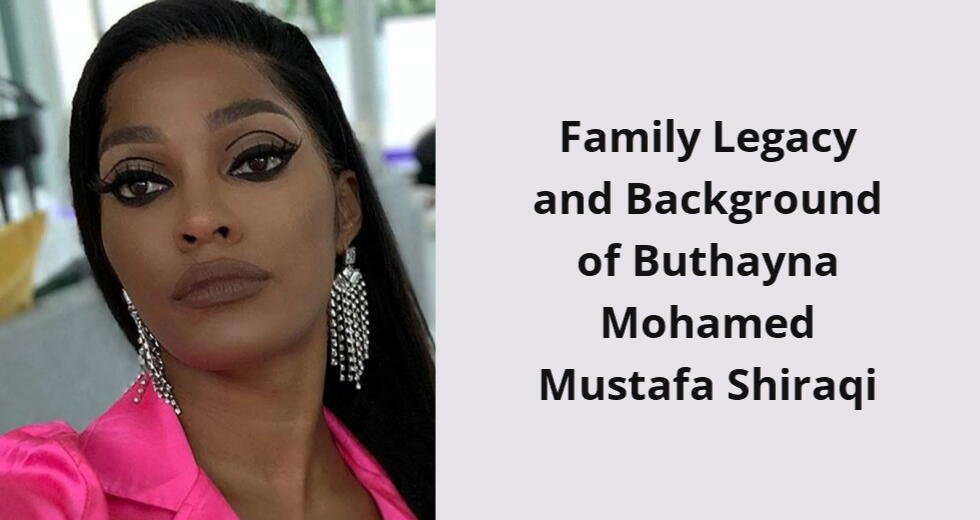
Reactions to Mohamed Atta’s Actions
Buthayna responded to 9/11 with doubt and denial. She publicly claimed that her son was framed by the U.S. government and foreign entities. Her rejection of his guilt shows the intricacies of parental denial after horror.
| Attribute | Details |
|---|---|
| Reaction to Atta’s Actions | Denial and disbelief regarding his involvement |
| Public Statements | Claimed he was framed by U.S. agencies |
| Emotional Response | Expressed a mother’s grief and rejection of blame |
Other Family Members
Also, Buthayna and her husband had two daughters, Mona and Azza. Family structure, led by Buthayna, shaped the children’s upbringing. This relationship shaped the siblings’ reactions to Mohamed Atta’s fame.
| Family Member | Role |
|---|---|
| Mohamed Atta | Son, ringleader of September 11 attacks |
| Mona Mohamed | Daughter, details on her life are limited |
| Azza Mohamed | Daughter, details on her life are limited |
| Family Structure | Close-knit with attention towards education |
The Legacy of Buthayna and Mohamed Atta
Buthayna Mohamed Mustafa Shiraqi’s son’s activities and global impact are her legacy. Her biography illustrates the hardships of many families who suffer public attention and emotional distress owing to a single family member. Her history is crucial for understanding radicalization and familial response.
| Legacy Attribute | Details |
|---|---|
| Historical Significance | Mother of a key figure in a global tragedy |
| Public Perception | Viewed through the lens of Atta’s actions |
| Familial Impact | Long-lasting effects of notoriety on family life |
FAQ
Buthayna Mohamed Mustafa Shiraqi—who?
Buthayna Mohamed Mustafa Shiraqi, mother of September 11 attacker Mohamed Atta, was raised in a privileged Egyptian household.
What was Buthayna’s reaction to her son’s actions?
Buthayna claimed her son was framed by foreign organizations for the 9/11 attacks.
How was Buthayna’s marriage structured?
Her culture practiced planned marriages, and Buthayna was married at 14.
How did Buthayna’s background affect Mohamed Atta?
Atta’s privileged and educated upbringing shaped his education and radicalization.
